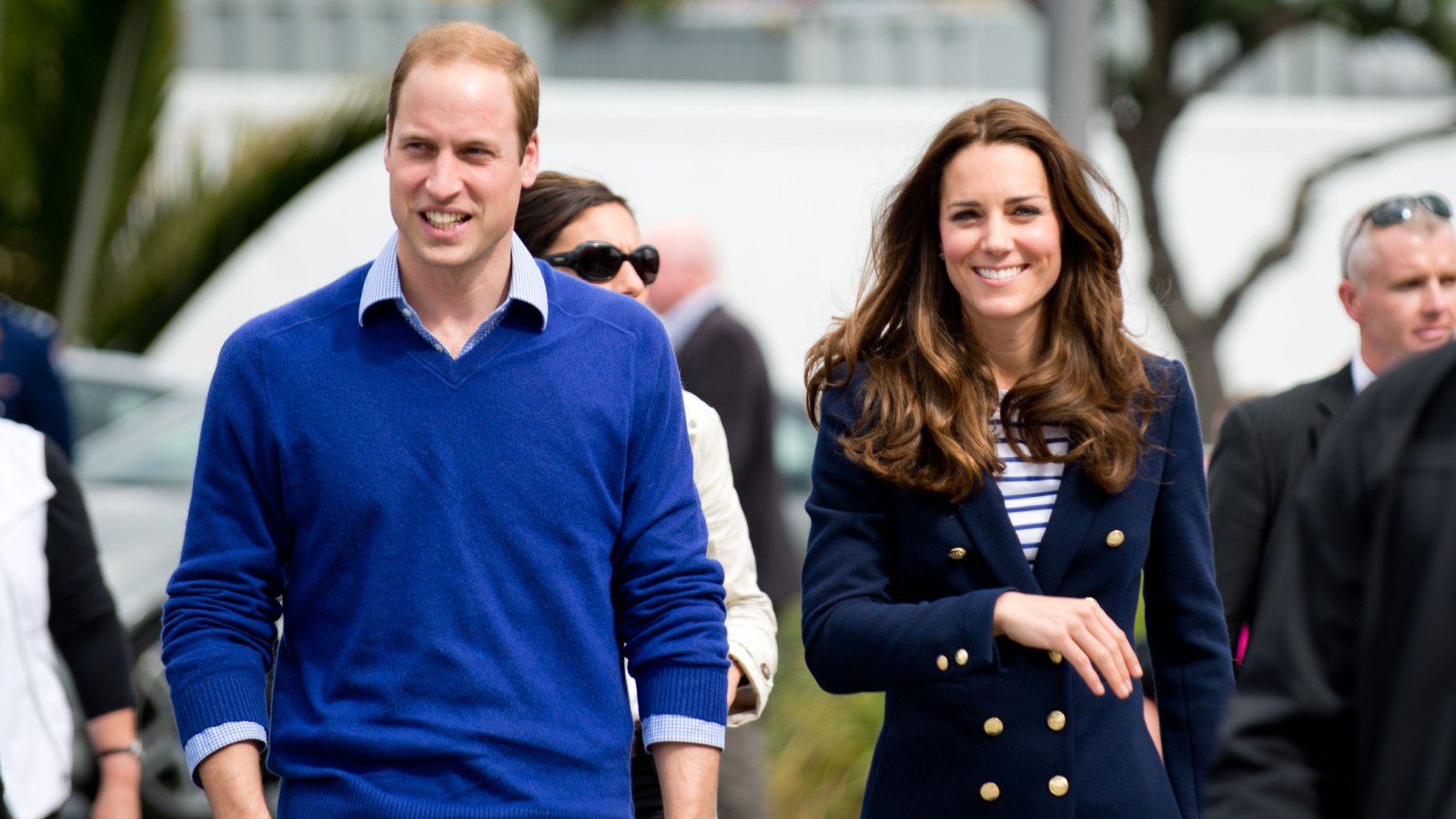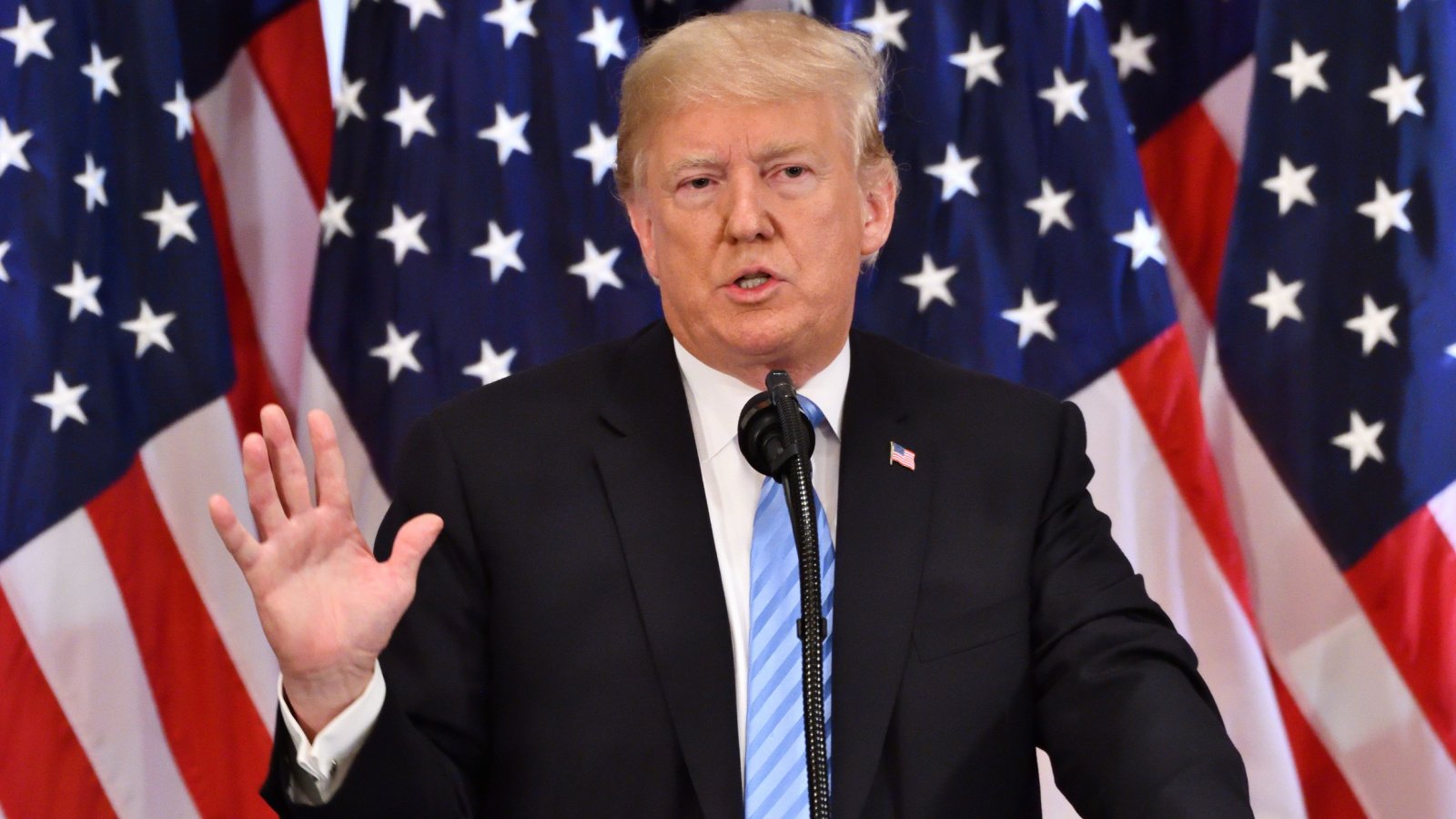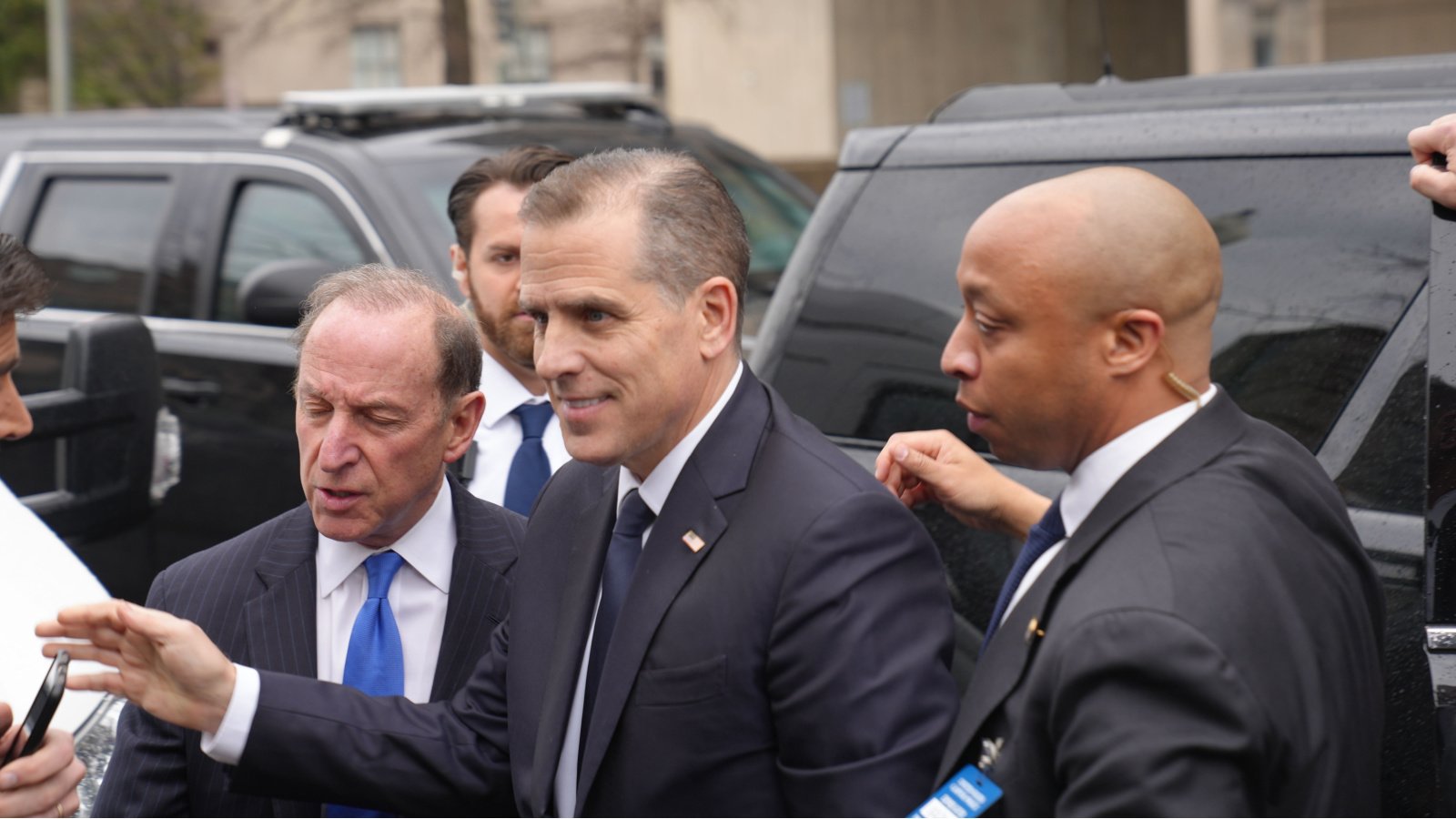The revelation of the Princess of Wales’s cancer diagnosis has sparked a complex web of public reaction, ranging from heartfelt support to malicious skepticism. While figures like Andy Cohen have extended apologies, others, including tech entrepreneur Christopher Bouzy and legal expert Perkins, have intensified their scrutiny, engaging in a mix of unfounded accusations and personal attacks.
A Royal Battle in the Digital Age
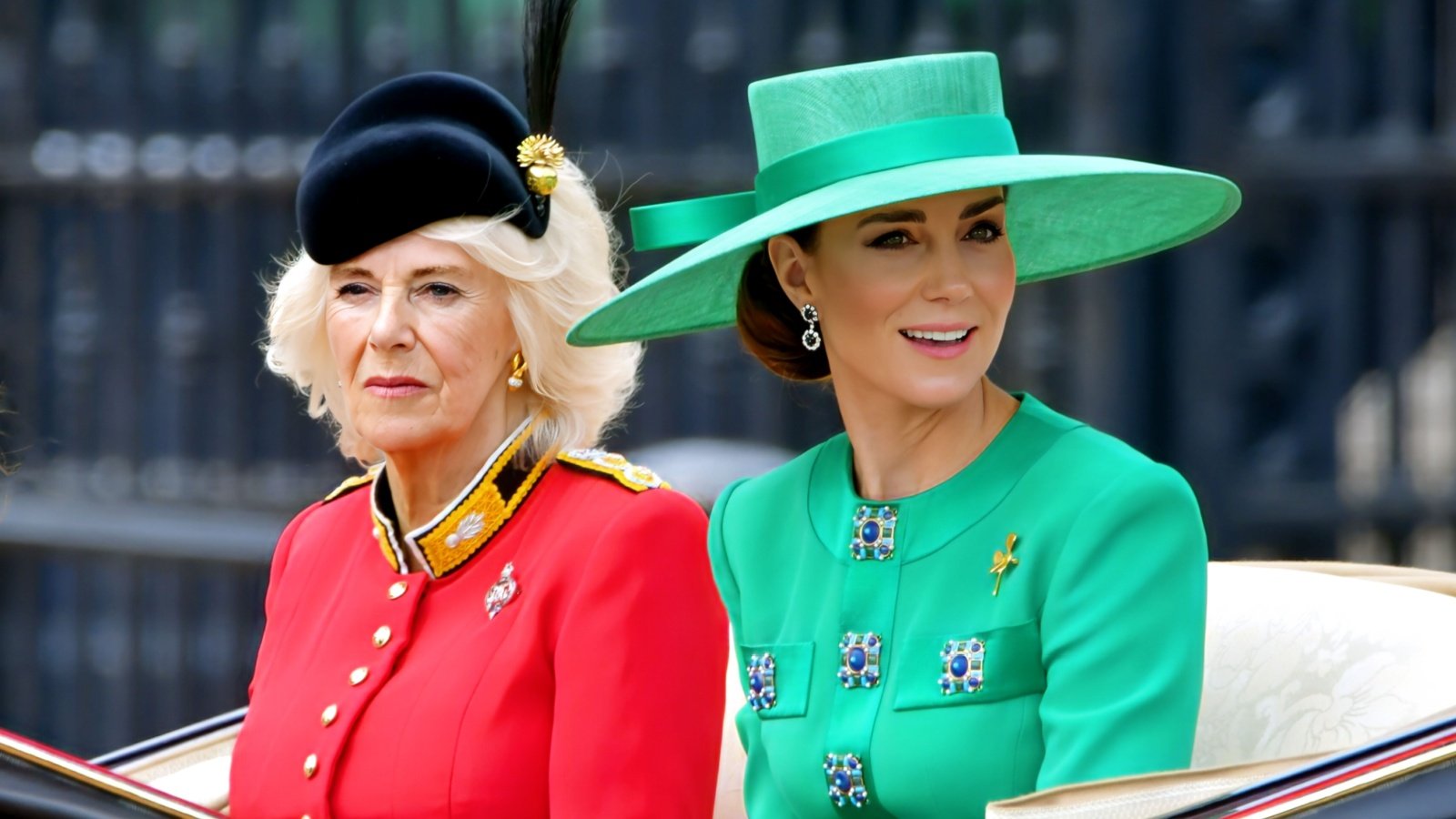
In the wake of the Princess of Wales’s heart-wrenching cancer diagnosis revelation, a collective breath was held for the cessation of public scrutiny. Hopes were pinned on compassion taking the forefront, bringing an end to the relentless media pursuit that had followed her every step.
Apologies Amidst the Storm
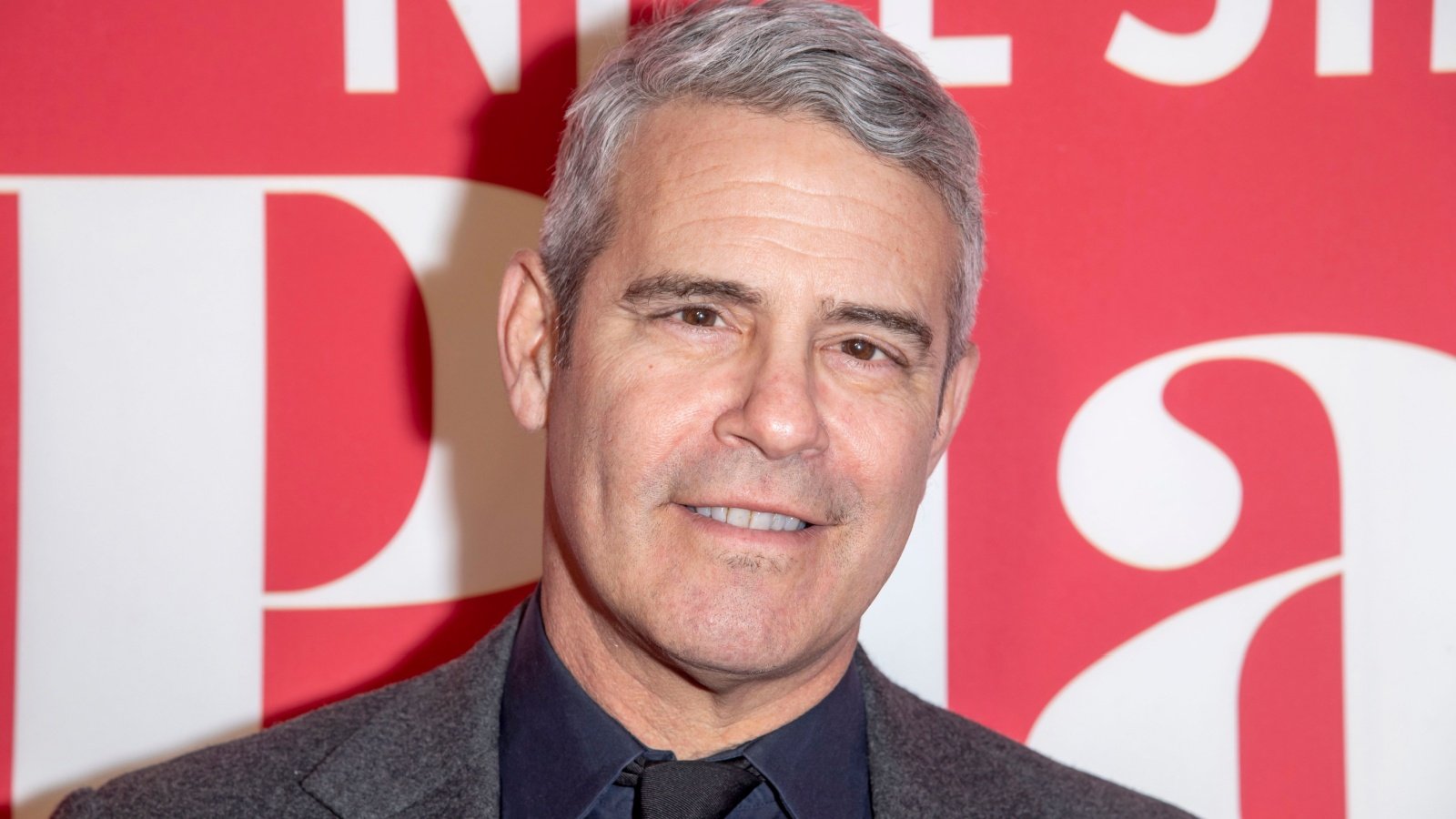
Some figures, notable within the whirlwind of celebrity and influence, stepped forward to offer apologies. Andy Cohen’s name emerged among those expressing regret, signaling a potential shift in the narrative. Yet, this change was not universally adopted, as a faction within the digital realm persisted in their derogatory campaigns against the princess.
The Accuser’s Spotlight
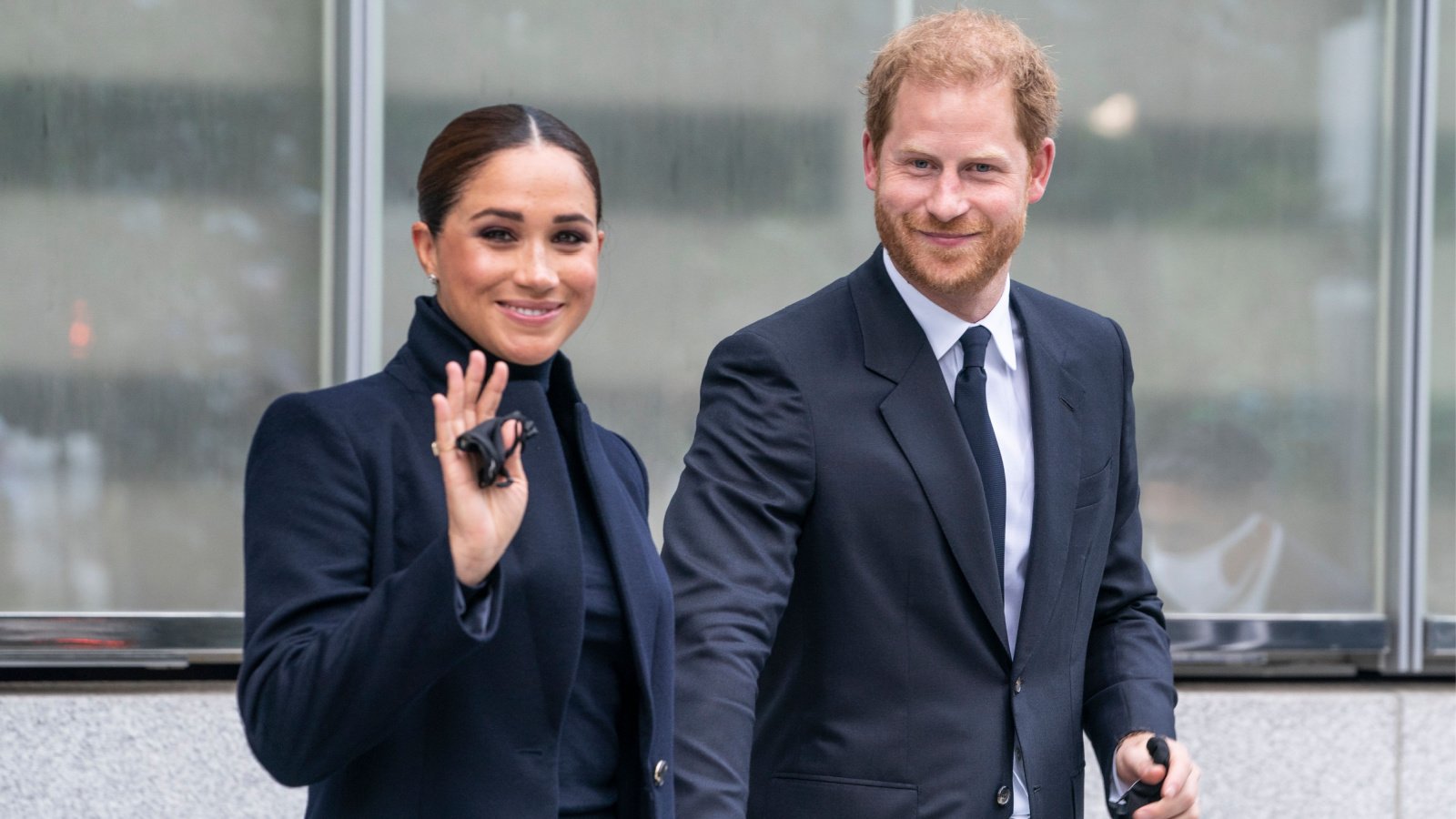
Christopher Bouzy, a name familiar to those who followed the Harry and Meghan Netflix saga, found himself among those accused of perpetuating falsehoods about Princess Kate. His digital footprint, once celebrated for its insights into royal dynamics, now contributed to the maelstrom of disinformation.
Digital Irony
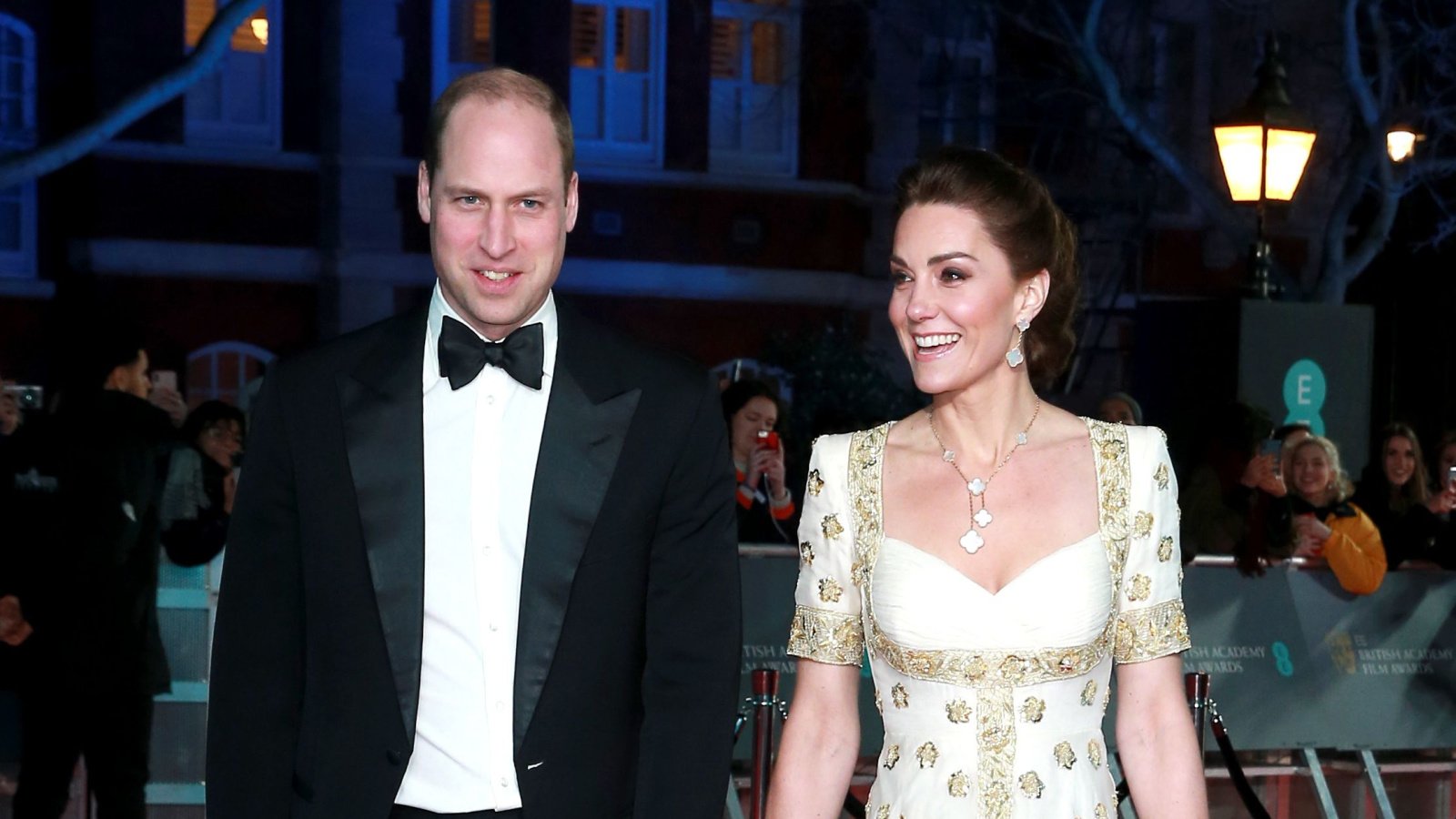
Enter Perkins, a figure boasting an impressive following online, who paradoxically champions justice while disparaging the princess. His assertions, lacking in evidence but rich in venom, paint Kate as deceitful, further polarizing public discourse.
Unfounded Allegations
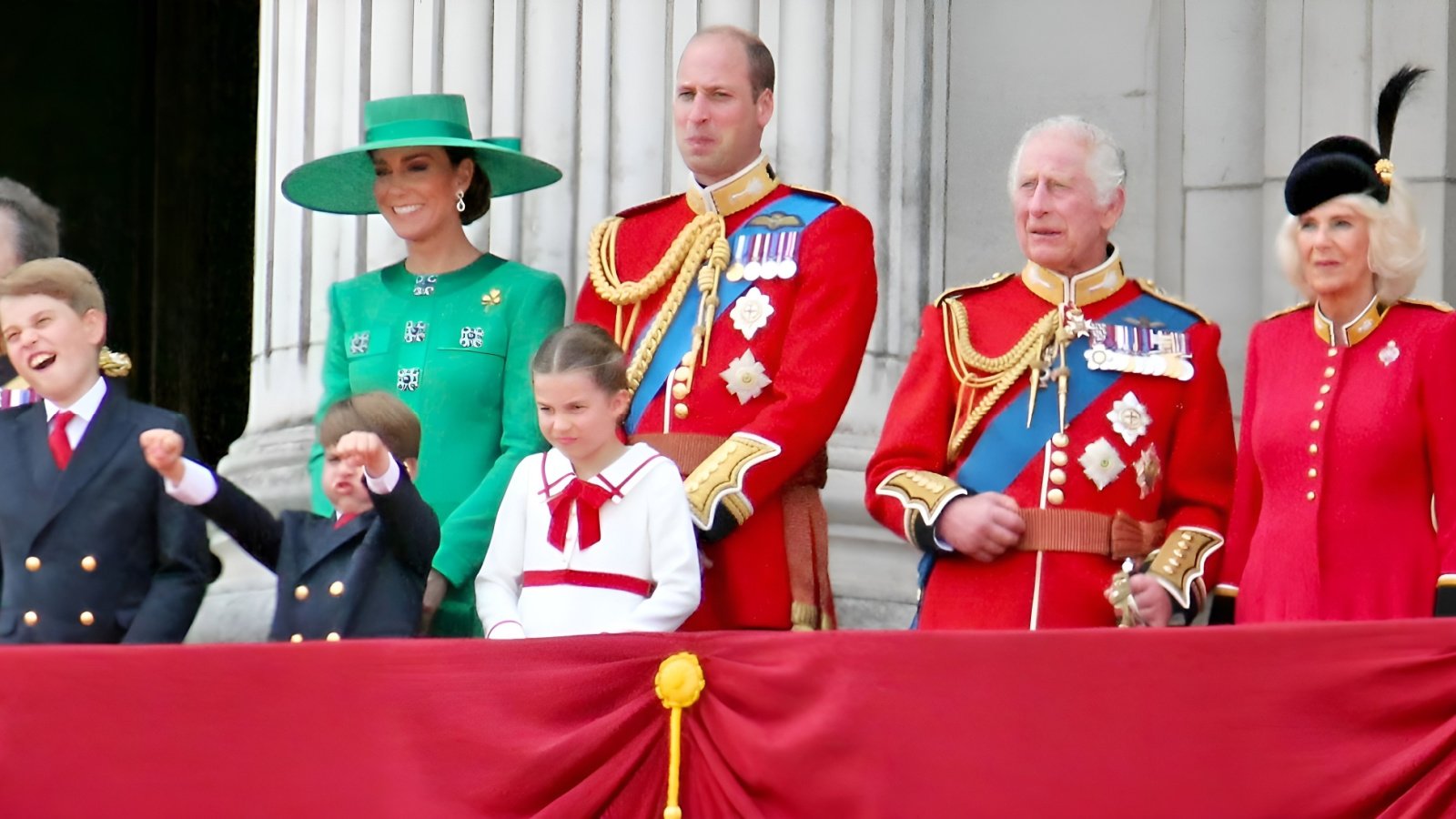
Perkins’s most damning accusations—questioning Kate’s integrity and the veracity of her health struggles—stand in stark contrast to his professed values. His audacity to suggest the princess might be fabricating her illness strikes a nerve, especially considering his vocal support for other members of the royal family.
Easter Controversy

On a day marked by reflection and renewal, Perkins’s insensitivity reached new heights with a tasteless jest about the princess. This act of mockery, especially from someone who has faced cancer himself, reveals a profound disconnect between his personal battles and his public persona.
A Tale of Two Standards

While Perkins seems all too willing to assail Kate’s character, he exhibits a noticeable restraint when it comes to the Duchess of Sussex. This dichotomy lays bare a selective approach to empathy, muddling his advocacy with inconsistency.
The Tweet Heard Round the World

Perkins didn’t hesitate to defend Meghan Markle against the tabloid industry, highlighting a systemic issue with his global audience. His protective stance contrasts sharply with his attacks, underscoring a complex web of allegiance and animosity.
American Royalty

Through his social media, Perkins unabashedly declares his platform a sanctuary for Meghan supporters. This dedication to the Duchess, amidst his broader narrative, paints a vivid picture of his loyalties and biases.
Legal Foundations

Before his digital controversies, Perkins’s journey began in the halls of academia, where he pursued law at the University of Virginia. This path led him through Harvard’s prestigious corridors before anchoring him at UCLA, where he champions equity and inclusion.
A Lucrative Role in Equity

At UCLA, Perkins’s role underscores a commitment to fostering an environment of understanding and compassion. Yet, his public actions raise questions about the compatibility of his online behavior with the principles he’s supposed to uphold.
The Hypocrisy Question

The stark disparity between Perkins’s online vitriol towards Kate and his professional dedication to inclusivity does not go unnoticed. Observers can’t help but draw parallels between his personal conduct and the ethical standards expected of him by UCLA.
Institutional Integrity on the Line

UCLA’s policies on discrimination and harassment, especially concerning health conditions, stand in contrast to Perkins’s commentary. The institution’s stance on dignity and inclusiveness begs the question of how Perkins’s actions align with the university’s values.
A Potential Crossroads

Given UCLA’s clear guidelines against harassment and discrimination, Perkins’s public statements put him at a potential crossroads with his employer. The community waits to see if his online conduct will prompt a reassessment of his role within the university’s framework of equity and inclusion.
The saga of Perkins’s online behavior, set against the backdrop of his professional role, prompts a broader reflection on the intersection of personal expression and public responsibility.



